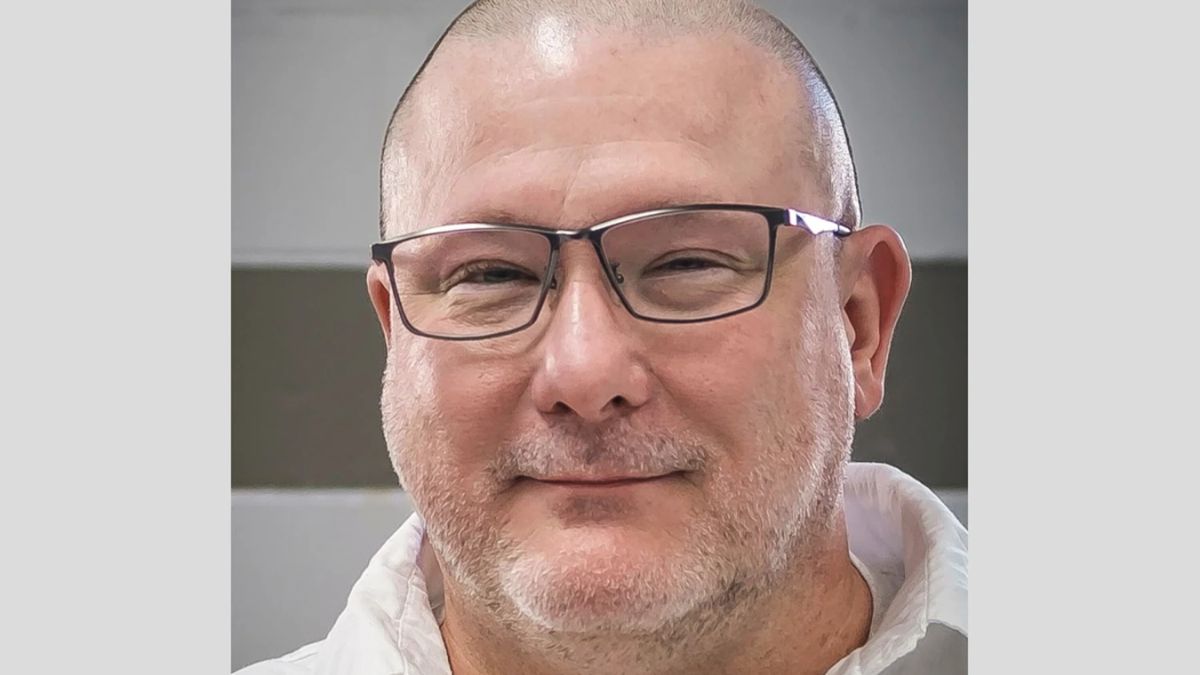Brian Dorsey, the convicted Missouri murderer whose campaign against the death penalty drew support from dozens of correctional staff, was killed by lethal injection Tuesday in a state prison, according to his attorney, Kirk Henderson, who testified.
The United States Supreme Court declined to intercede on Dorsey’s behalf earlier in the day, and Missouri Gov. Mike Parson denied his request for clemency on Monday.
In 2006, Dorsey, 52, received a death sentence after confessing to the murders of his cousin and her husband. His lawyers asserted that his public defenders did not provide sufficient representation and that he had undergone “full rehabilitation” in prison.
Dorsey’s case drew national attention because of the unusually strong support for commutation by current and former prison staff—his lawyers claimed more than 70 correctional officers vouched for him—and the emphasis on execution protocols that could have put him in excruciating pain before he died.
Dorsey delivered a handwritten final statement that read, “I am sincerely, deeply, immensely sorry. Words cannot express the true weight of my remorse and shame.
In a statement confirming Dorsey’s execution, Parson’s office stated that he not only attacked family members who opened their home and saved him from drug traffickers attempting to collect debts but also violated his cousin’s body after killing her.
“The pain Dorsey brought to others can never be rectified, but carrying out Dorsey’s sentence according to Missouri law and the Court’s order will deliver justice and provide closure,” Parson said in a written statement.
Dorsey’s lawyers claimed he was in a drug-induced psychosis at the time of the assaults, and they stated in their clemency petition that more than 70 past and present prison officers supported commuting Dorsey’s death sentence. According to the complaint, Troy Steele, the previous warden of Potosi Correctional Center, described Dorsey’s record as “extraordinary.”
“Brian Dorsey is kind, gentle, hardworking, and humble,” Henderson wrote in a statement. “He has spent every day of the past 18 years trying to make amends for the single act of violence he committed, serving the prison community as a staff barber and never getting into any trouble.”
Brian Dorsey Charged In 2006 Double-murder
On December 23, 2006, the court found Dorsey guilty of killing his cousin Sarah Bonnie and her husband, Ben Bonnie. The couple took Dorsey in after drug traffickers attempted to collect money he owed them, according to court documents.
While their 4-year-old daughter was present, Dorsey allegedly shot the couple with their own shotgun. Dorsey reportedly stole personal items to pay off drug bills, according to the allegations.
“Brian Dorsey chastised his kind family for assisting him in a time of need. His cousins welcomed him into their home, surrounded by relatives and friends, and offered him a place to stay. Dorsey returned them with cruelty, horrific assault, and murder,” Parson wrote in the statement.
Dorsey pleaded guilty to two first-degree murder charges in 2008. The state’s $12,000 flat-fee payment to his public defenders, he claimed, constituted a conflict of interest and provided little motivation to pursue an effective defense, leading to the denial of all his subsequent appeals.
They also claimed Dorsey is regretful and has altered his life behind bars.
“The correctional staff, who know Mr. Dorsey best at this point and who know what real rehabilitation and genuine remorse look like because of their firsthand experience with and broad basis for comparison with other prisoners, consistently attest to Mr. Dorsey’s wholesale rehabilitation, his genuine remorse, and ultimately his redemption,” they wrote in their request for clemency.
Missouri Execution Protocol In Spotlight
The lack of mention of painkiller use in Missouri’s single-drug execution protocol has further scrutinized Dorsey’s case. His defenders claim he is diabetic, fat, and a past intravenous drug user, which could make it difficult to find a vein in which to inject the lethal quantity.
In such cases, a “cutdown,” which involves making an incision in the body and pulling apart the flesh to separate the vein, may be required. This occurs prior to the death row inmate’s final encounter with a spiritual adviser, and Dorsey’s lawyers have argued that he would be in “significant pain and anguish,” thereby limiting his religious freedom.
According to the Associated Press, the state reached an agreement to decrease Dorsey’s exposure to extreme discomfort through specific procedures.

